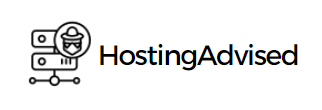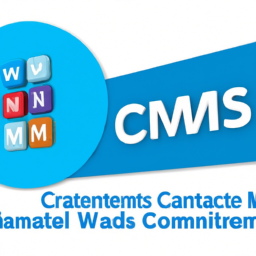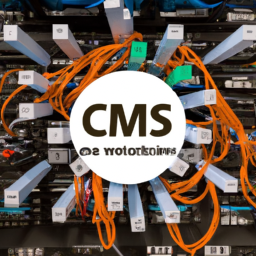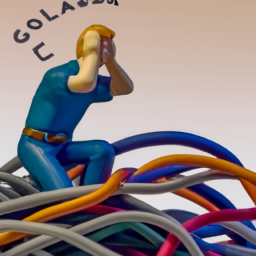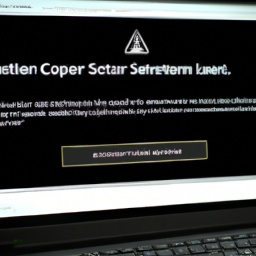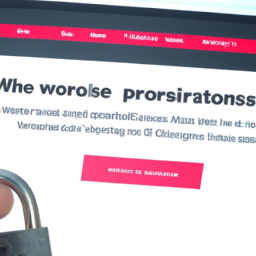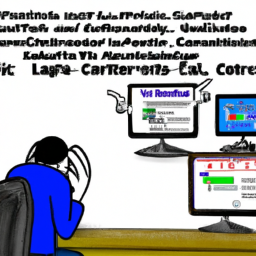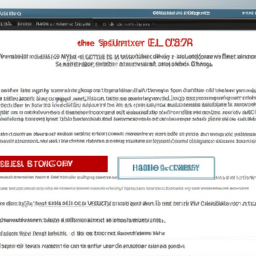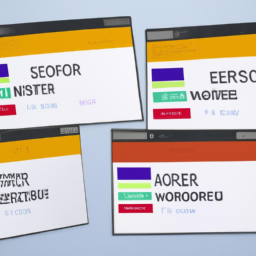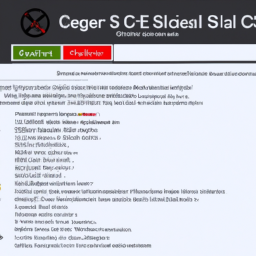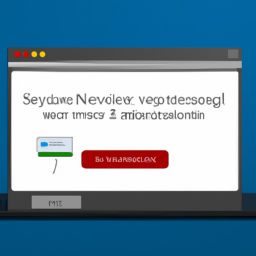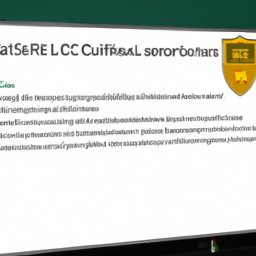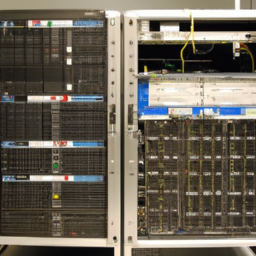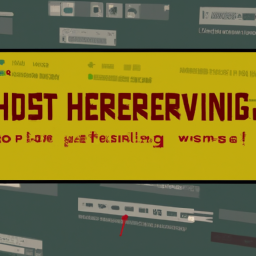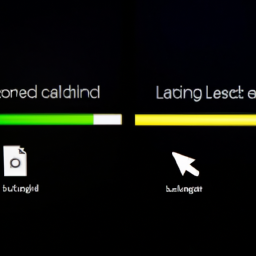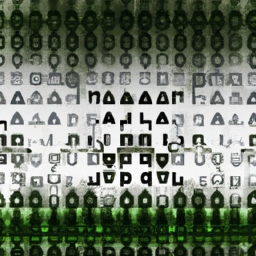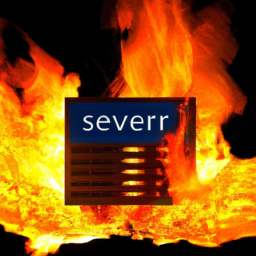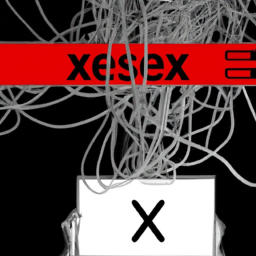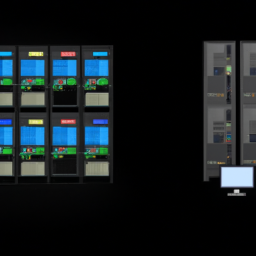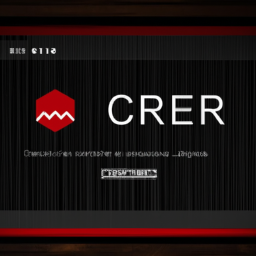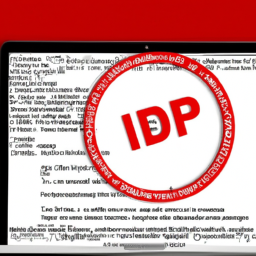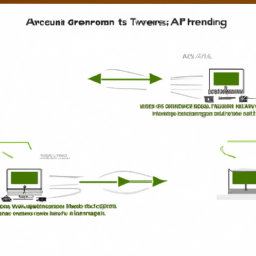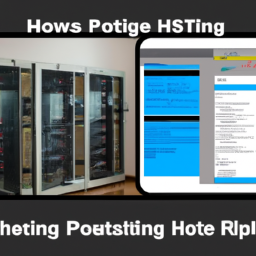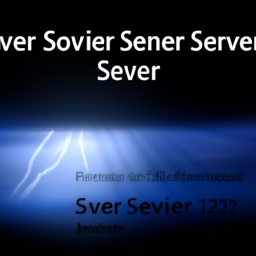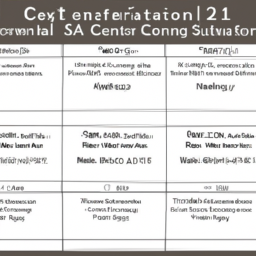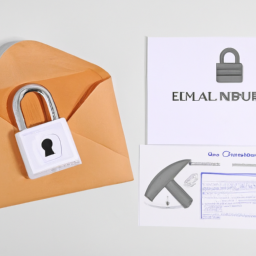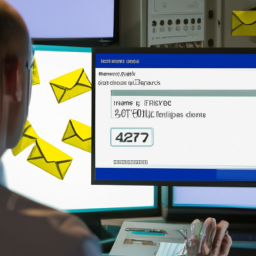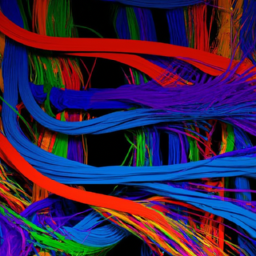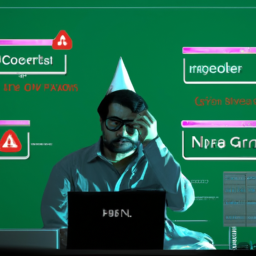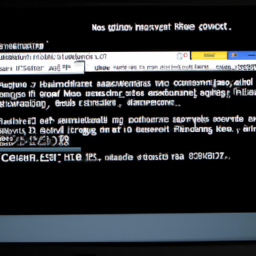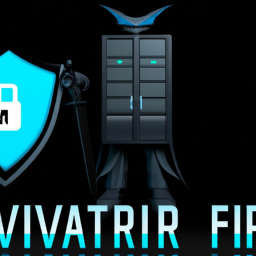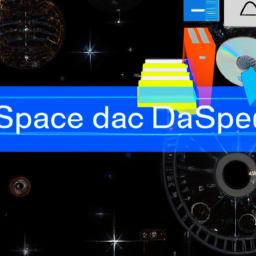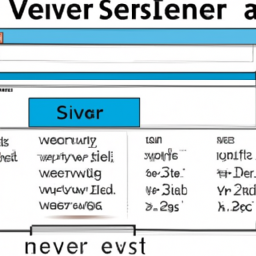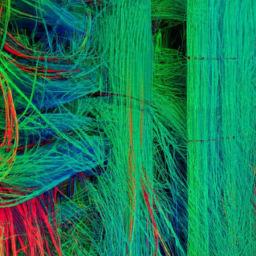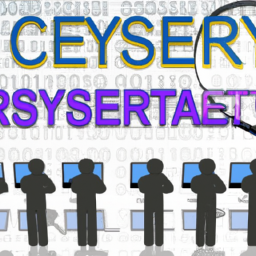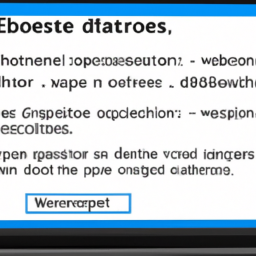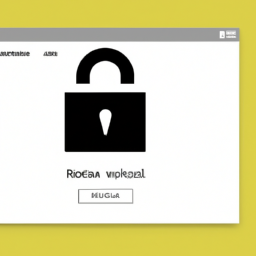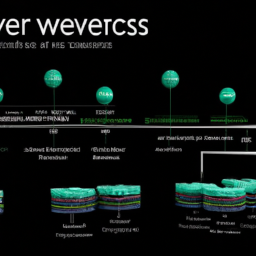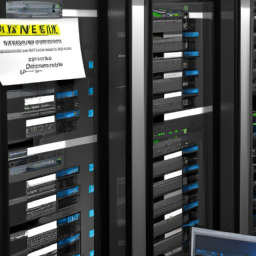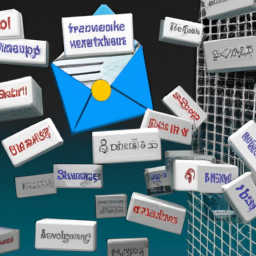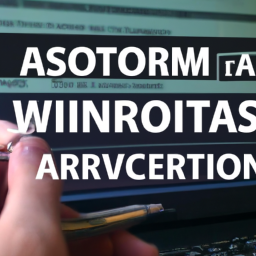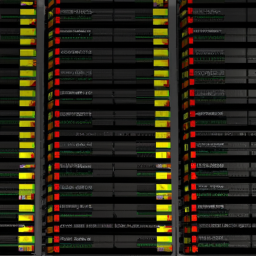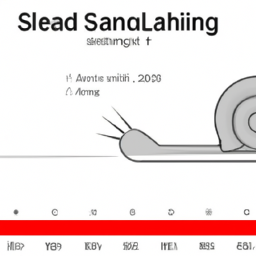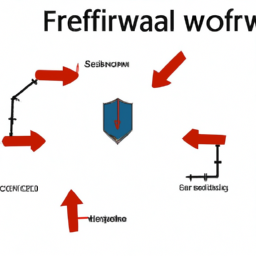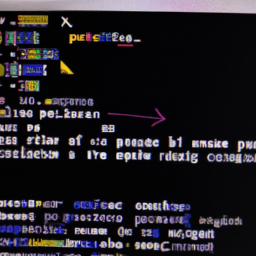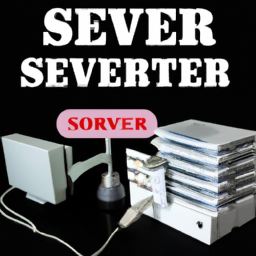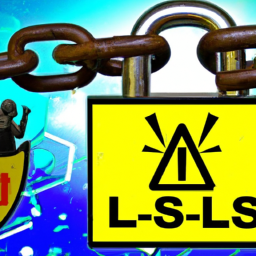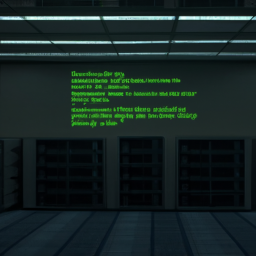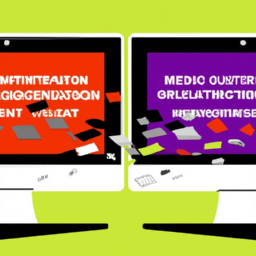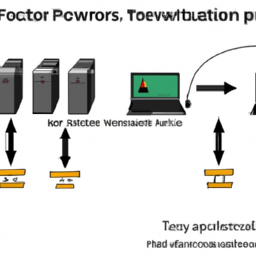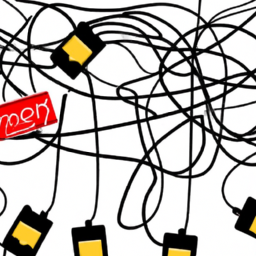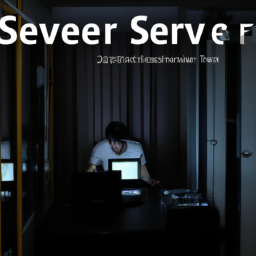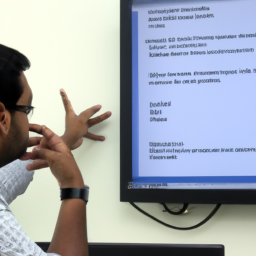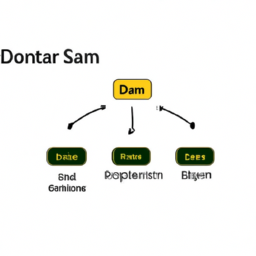Did you know that nearly 60% of website owners encounter compatibility issues between their content management system (CMS) and web hosting? It can be frustrating and time-consuming to troubleshoot these problems, but fear not! In this article, we will guide you through the process of troubleshooting CMS compatibility issues in web hosting, ensuring that your website runs smoothly and efficiently.
When faced with compatibility issues, the first step is to identify the specific problem. Is it a plugin or extension causing the issue? Or perhaps the server requirements are not met? By narrowing down the problem, you can save time and effort in finding the solution.
Next, check for updates and compatibility requirements. CMS platforms and hosting providers often release updates to address compatibility issues. Make sure you are using the latest version and that your CMS and hosting meet the necessary requirements.
Additionally, verifying server requirements and configuration is crucial. Ensure that your server is properly configured and has the necessary resources to support your CMS.
Reviewing CMS plugins and extensions is another crucial step. Sometimes, incompatible plugins or extensions can cause conflicts. Identify and disable any problematic ones to see if it resolves the compatibility issue.
If all else fails, seek support from both your CMS and web hosting providers. They have knowledgeable support teams that can assist you in troubleshooting and finding a resolution.
Lastly, consider migrating to a compatible CMS or web hosting platform if the compatibility issues persist. This may require some effort, but it can save you from ongoing compatibility problems.
In conclusion, troubleshooting CMS compatibility issues in web hosting is a necessary task for website owners. By following these steps and seeking support when needed, you can ensure a smooth and efficient website experience for your visitors.
Key Takeaways
- Troubleshooting compatibility issues between CMS and web hosting can be frustrating and time-consuming.
- Steps to identify and resolve compatibility issues include checking system requirements, reviewing documentation, searching online forums, and verifying server configuration.
- Disabling problematic plugins or extensions and seeking support from CMS and web hosting providers can help resolve compatibility issues.
- Migrating to a compatible CMS or web hosting platform can improve performance, security, and support.
Identify the Specific Compatibility Issue
Now let’s dive into identifying the specific compatibility issue you’re facing with your CMS and web hosting – this is where we get down to the nitty-gritty and start unraveling the mystery!
To troubleshoot compatibility issues, you need to follow a few steps. First, check if your CMS and web hosting meet the minimum system requirements. Sometimes, a compatibility issue arises because one of them doesn’t meet the necessary criteria.
Next, review the documentation provided by your CMS and web hosting provider. They often highlight common compatibility issues and provide solutions.
Additionally, search online forums and communities to see if other users have experienced similar problems and find potential solutions.
By following these troubleshooting steps, you can pinpoint the specific compatibility issue you’re facing.
Now, let’s move on to the next section and explore how to check for updates and compatibility requirements.
Check for Updates and Compatibility Requirements
First, make sure you’ve checked for any necessary updates and confirmed the compatibility requirements to address potential obstacles in your website’s functionality.
The testing process plays a crucial role in troubleshooting CMS compatibility issues in web hosting. Begin by verifying if your CMS platform is up to date, as newer versions often come with bug fixes and improved compatibility.
Additionally, check if any plugins or themes installed on your website require updates to maintain compatibility with the CMS.
Testing involves examining various website functionalities, such as content creation, image uploads, and form submissions, to identify any glitches or errors. Troubleshooting techniques include disabling plugins one by one to pinpoint the source of the compatibility issue.
To further enhance your troubleshooting process, it’s essential to verify server requirements and configuration, which will be discussed in the subsequent section.
Verify Server Requirements and Configuration
Before diving into the troubleshooting process, it’s important to make sure your server meets the necessary requirements and is configured correctly. This step is crucial in identifying and resolving compatibility issues with your CMS.
First, check if your server meets the minimum requirements specified by your CMS documentation. These requirements typically include specific versions of PHP, MySQL, and other software. Ensuring that your server matches these requirements will help prevent database errors and other issues.
Additionally, optimize your server’s performance by configuring caching mechanisms, enabling compression, and fine-tuning your database settings. These optimizations can significantly improve the speed and responsiveness of your CMS.
By verifying server requirements and configuration, you lay a strong foundation for troubleshooting compatibility issues.
Now, let’s move on to the next step and review your CMS plugins and extensions.
Review CMS Plugins and Extensions
Take a look at the awesome variety of plugins and extensions available for your CMS, as they can greatly enhance the functionality and unleash the true potential of your website.
When it comes to top-rated CMS plugins for enhanced website functionality, there are a few standout options to consider. These plugins can help you optimize your website for search engines, improve performance, and add interactive elements like galleries, forms, and social media integration.
Additionally, a comparison of popular CMS extensions for seamless integration can help you find the perfect tools to customize your website and meet your specific needs. Whether you’re looking for e-commerce capabilities, multilingual support, or advanced analytics, there’s an extension out there for you.
With these plugins and extensions, you can take your website to the next level.
Now, let’s explore how you can seek support from CMS and web hosting providers to address any compatibility issues that may arise.
Seek Support from CMS and Web Hosting Providers
Get ready to discover how CMS and web hosting providers can lend a helping hand when you need support with your website. Seeking assistance from technical experts is crucial when troubleshooting common errors and issues related to CMS compatibility in web hosting. These experts have in-depth knowledge and experience working with various CMS platforms and can provide guidance on resolving compatibility issues.
They can help you identify and resolve conflicts between the CMS and the hosting environment, ensuring your website runs smoothly. Additionally, CMS and web hosting providers offer support through documentation, forums, and customer service channels. By leveraging their expertise, you can overcome compatibility challenges and optimize the performance of your website.
As you delve deeper into troubleshooting, it may be time to consider migrating to a compatible CMS or web hosting platform for a seamless experience.
Consider Migrating to a Compatible CMS or Web Hosting Platform
Consider migrating to a compatible CMS or web hosting platform to ensure a seamless experience and avoid the proverbial ‘square peg in a round hole’ scenario. When troubleshooting compatibility issues, it’s important to explore CMS alternatives and find a platform that better suits your needs. Migrating to a compatible CMS or web hosting platform can provide a range of benefits, including improved performance, enhanced security, and better support for your website. To help you make an informed decision, here is a comparison table highlighting some popular CMS alternatives and their key features:
| CMS Platform | Key Features |
|---|---|
| WordPress | Easy customization, extensive plugin library, user-friendly interface |
| Joomla | Powerful content organization, multilingual support, robust user management |
| Drupal | Scalability, advanced security features, flexible content types |
| Wix | Drag-and-drop website builder, built-in SEO tools, mobile-friendly templates |
| Shopify | E-commerce focused, integrated payment gateways, inventory management |
By migrating to a compatible CMS or web hosting platform, you can overcome compatibility issues and optimize your website’s performance and functionality.
Frequently Asked Questions
What are some common signs or symptoms of CMS compatibility issues in web hosting?
If you’re experiencing CMS compatibility issues in web hosting, there are several common signs to watch out for. One indicator is when certain features or functionalities of your CMS aren’t working as intended or are completely missing.
Another sign is when your website appears broken or distorted when viewed on different devices or browsers.
To prevent these issues, make sure to regularly update your CMS and plugins, choose a hosting provider that supports your CMS, and test your website thoroughly before launching it.
How can I determine if my CMS is up-to-date and meets the compatibility requirements?
To determine if your CMS is up-to-date and meets compatibility requirements with your web hosting, there are a few steps you can follow.
Firstly, check the official website of your CMS for any recent updates or releases.
Additionally, review the system requirements provided by the CMS to ensure compatibility with your web hosting environment.
You can also use online compatibility checkers or plugins specifically designed for your CMS to verify compatibility.
Regularly updating your CMS and keeping track of compatibility requirements will help ensure smooth functioning of your website.
What server requirements and configurations should I verify to ensure compatibility with my CMS?
To ensure compatibility with your CMS, you need to verify certain server requirements and configurations.
First, check if your server meets the minimum hardware and software specifications stated by your CMS. This includes the operating system, web server software, database system, and PHP version.
Additionally, ensure that the server has the necessary modules and extensions installed for your CMS to function properly. Incorrect server configurations can lead to compatibility issues, so it’s crucial to double-check these settings.
Are there any specific plugins or extensions that commonly cause compatibility issues with CMS platforms?
Plugins and extensions can be like a double-edged sword when it comes to CMS compatibility. While they enhance functionality, they can also cause issues.
Common causes of CMS compatibility issues include outdated or incompatible plugins, conflicting code, and security vulnerabilities. To resolve these issues, ensure your plugins are up to date, compatible with your CMS version, and come from reputable sources.
Regularly check for updates and remove any unnecessary or conflicting plugins to maintain a smooth CMS experience.
What steps should I take if I have already sought support from both my CMS and web hosting provider, but the compatibility issue persists?
If you’ve already sought support from both your CMS and web hosting provider but the compatibility issue persists, there are a few troubleshooting steps you can take.
First, make sure you have the latest versions of your CMS and any plugins or extensions installed.
Check for any conflicting code or settings that may be causing the issue.
Additionally, seek additional assistance from online forums or communities dedicated to your CMS platform, as other users may have encountered and resolved similar compatibility issues.
Conclusion
In conclusion, troubleshooting CMS compatibility issues in web hosting can be a complex and frustrating process. However, by following the steps outlined in this article, you can effectively identify and resolve these issues.
Remember to stay up to date with updates and compatibility requirements, verify server requirements and configuration, review CMS plugins and extensions, and seek support from both CMS and web hosting providers.
If all else fails, consider migrating to a compatible CMS or web hosting platform. With patience and persistence, you’ll overcome these compatibility challenges and ensure a smooth and efficient website experience.
